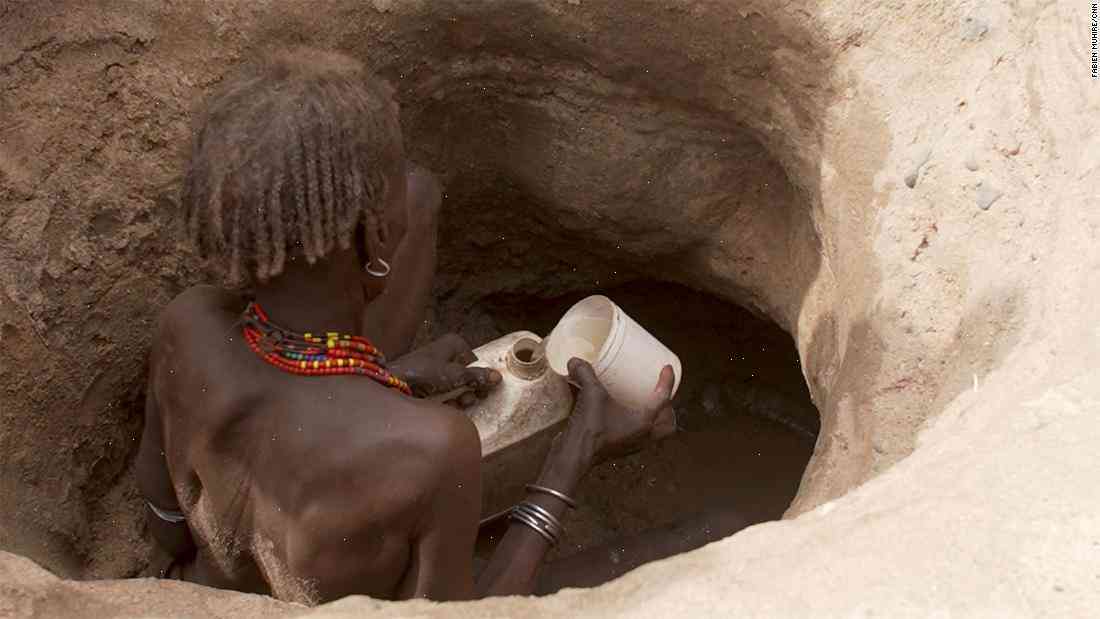This East African nation is known for stability. But drought and rising prices are fueling insecurity among its youth – and causing some to leave the country for Western Europe, Asia and Australia.
For many youth in Tanzania, life expectancy in recent years appears to be steadily growing. Fewer young people are dying in childbirth. More are surviving into their 30s and 40s. But this steady improvement may be leaving some young people unprepared for their own older years.
For many here, life expectancy now is almost 30 years higher than the average for the African continent. But because of chronic malnutrition and associated high rates of infant mortality, the majority of Tanzanian children in their early 20s will still be alive by 2025.
“It’s been a long slog but we have made the best of it,” says Dr Moshi Majeni, the manager of the Tanzania’s National Department of health. “I attribute our successes to having a people-first approach and strong leadership at all levels. And yet we are not immune to challenges.”
For many of the country’s 30 million people, the challenges have been compounded by a volatile and often turbulent political climate. In 2019, Tanzania experienced a string of violent and disruptive unrest, in which demonstrators and riot police clashed in the capital, Kampala.
The government’s response was swift, with a military intervention, but the country remained tense. A year later, the country’s parliament elected Mr John Kufuor as prime minister, a position he has held since 2016. The new president has pledged to “rebuild our nation,” but his policies have continued a trend of increasing economic inequality and inequality in other public services such as education, healthcare and infrastructure. In 2019, for the first time, the Tanzanian government announced that its public expenditure had surpassed the economic growth forecast for that year.
Many of the country’s youth are increasingly exposed to violent conflict in their homes. But the government has been slow to respond.
In the last year, a major political dispute led to the detention of more than 100 opposition politicians and party activists in the coastal town of Mwanza. The move was considered the biggest political arrests since the post-election unrest in 2017.
And there is the violence over the presidency. In January,

